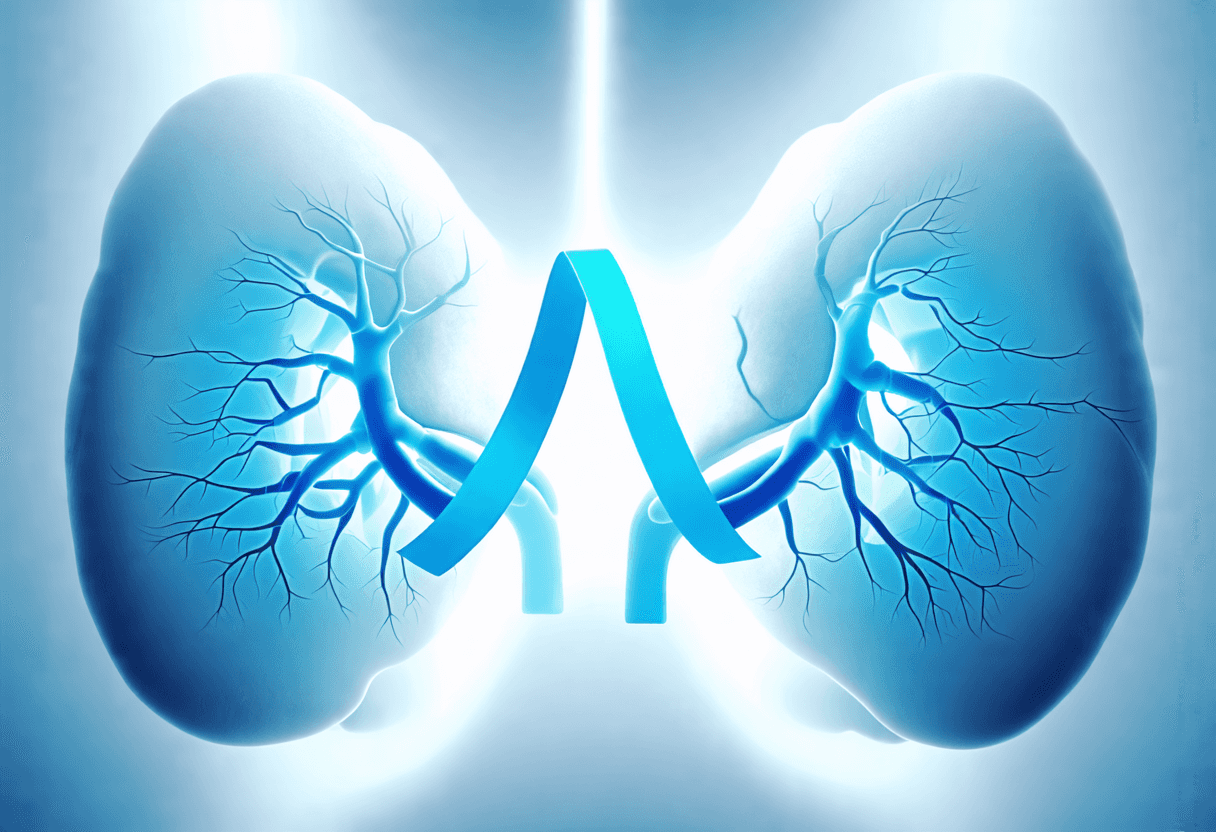
Bladder Cancer Treatment with Radiation and Chemotherapy
25 Oct, 2024
 Healthtrip
HealthtripWhen you're diagnosed with bladder cancer, it can be overwhelming to navigate the various treatment options available. Two common treatments for bladder cancer are radiation therapy and chemotherapy. While both can be effective in managing the disease, they have different approaches and side effects. In this article, we'll delve into the details of radiation and chemotherapy for bladder cancer, exploring how they work, their benefits, and what to expect during treatment.
Understanding Bladder Cancer
Before we dive into the treatments, it's essential to understand the basics of bladder cancer. Bladder cancer occurs when abnormal cells in the bladder multiply and form a tumor. The most common type of bladder cancer is transitional cell carcinoma, which affects the cells lining the bladder. Bladder cancer can be classified into two main categories: non-muscle invasive and muscle-invasive. Non-muscle invasive bladder cancer is confined to the bladder lining, while muscle-invasive bladder cancer has spread to the bladder muscle or surrounding tissues.
Most popular procedures in India
Symptoms and Diagnosis
The symptoms of bladder cancer may include blood in the urine, frequent urination, painful urination, or a feeling of needing to urinate even when the bladder is empty. If you're experiencing any of these symptoms, your doctor may perform a physical exam, take a medical history, and order diagnostic tests such as cystoscopy, biopsy, or imaging tests like CT or MRI scans. Early detection is crucial, as it can improve treatment outcomes and survival rates.
Wellness Treatments
Give yourself the time to relax
Lowest Prices Guaranteed!

Lowest Prices Guaranteed!
Radiation Therapy for Bladder Cancer
Radiation therapy uses high-energy rays to destroy cancer cells or shrink tumors. There are two main types of radiation therapy for bladder cancer: external beam radiation therapy and internal radiation therapy (brachytherapy). External beam radiation involves directing radiation beams from outside the body to the bladder, while brachytherapy involves placing a small radioactive implant inside the bladder. Radiation therapy can be used alone or in combination with surgery or chemotherapy.
How Radiation Therapy Works
Radiation therapy works by damaging the DNA of cancer cells, preventing them from multiplying and growing. The radiation beams are carefully targeted to minimize damage to healthy cells. The treatment is usually given in a series of sessions, with the exact number of sessions depending on the stage and location of the cancer.
Benefits and Side Effects of Radiation Therapy
The benefits of radiation therapy for bladder cancer include reducing symptoms, slowing tumor growth, and improving quality of life. However, radiation therapy can also cause side effects such as urinary incontinence, urinary frequency, rectal bleeding, and fatigue. These side effects can be managed with medication and other interventions.
Chemotherapy for Bladder Cancer
Chemotherapy uses drugs to kill cancer cells or slow their growth. Chemotherapy can be used to treat bladder cancer that has spread to other parts of the body or to shrink tumors before surgery. There are several types of chemotherapy drugs used to treat bladder cancer, including cisplatin, gemcitabine, and carboplatin.
How Chemotherapy Works
Chemotherapy works by targeting rapidly dividing cells, which are characteristic of cancer cells. The drugs are usually administered intravenously, and the treatment is typically given in cycles, with breaks in between to allow the body to recover.
Benefits and Side Effects of Chemotherapy
The benefits of chemotherapy for bladder cancer include reducing symptoms, slowing tumor growth, and improving survival rates. However, chemotherapy can also cause side effects such as hair loss, nausea, vomiting, and fatigue. These side effects can be managed with medication and other interventions.
Combination Therapy: The Best of Both Worlds
In some cases, radiation therapy and chemotherapy may be used together to treat bladder cancer. This combination therapy can be more effective in managing the disease than using a single treatment approach. The radiation therapy can help shrink the tumor, while the chemotherapy can target cancer cells that have spread to other parts of the body.
What to Expect During Treatment
During treatment, you'll work closely with a team of healthcare professionals, including a radiation oncologist, medical oncologist, and urologist. They'll help you manage side effects, answer questions, and provide emotional support. It's essential to follow their instructions and attend follow-up appointments to ensure the treatment is effective.
Healthtrip: Accessing Quality Care
If you're considering radiation therapy or chemotherapy for bladder cancer, it's crucial to access quality care. Healthtrip can help you find the best hospitals and medical professionals for your treatment. Our platform provides a seamless and personalized experience, connecting you with top-rated medical providers and facilities worldwide. With Healthtrip, you can focus on your recovery while we handle the logistics.
Don't let bladder cancer hold you back. Explore your treatment options, and let Healthtrip guide you towards a healthier tomorrow.
Related Blogs
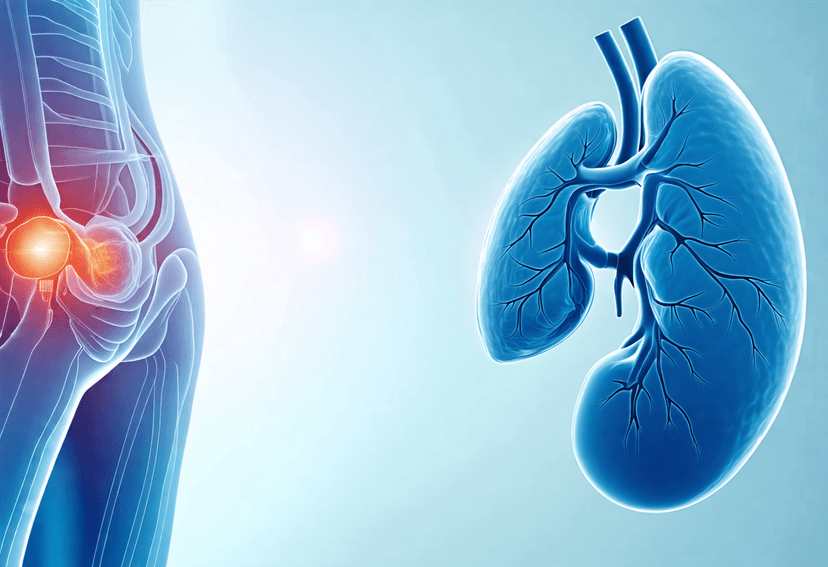
Bladder Cancer: Risk Factors and Symptoms
Stay informed about bladder cancer, its risk factors, and symptoms
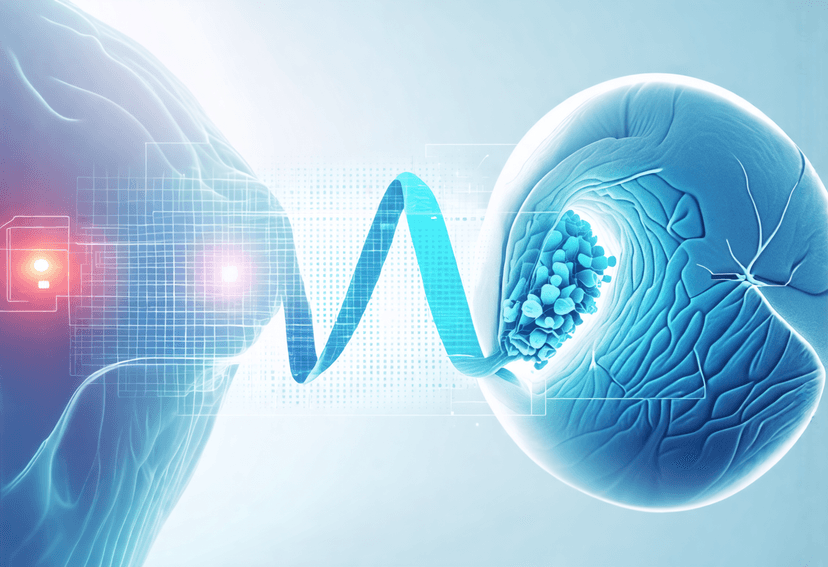
Urinary Bladder Carcinoma Radiation Therapy and Palliative Care
Radiation therapy can provide palliative care for urinary bladder carcinoma
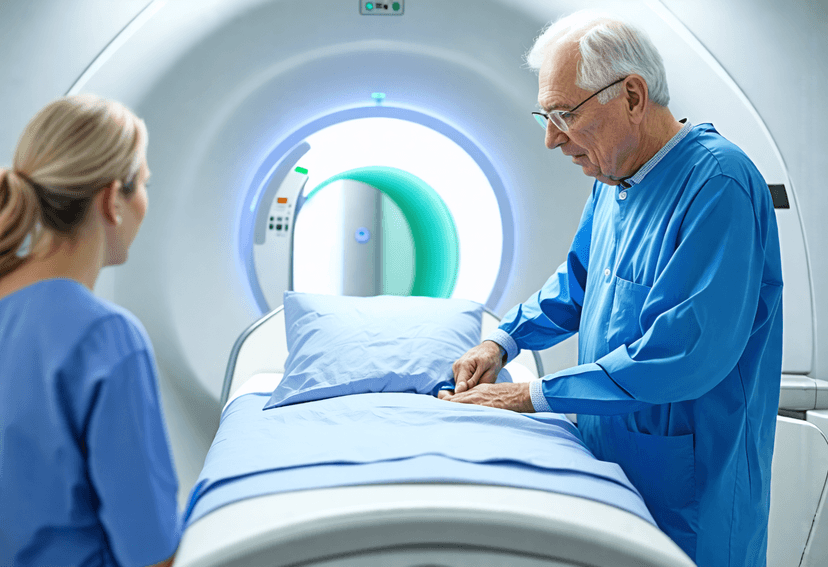
Radiation Therapy for Bladder Cancer in Elderly Patients
Radiation therapy is a suitable treatment option for elderly patients
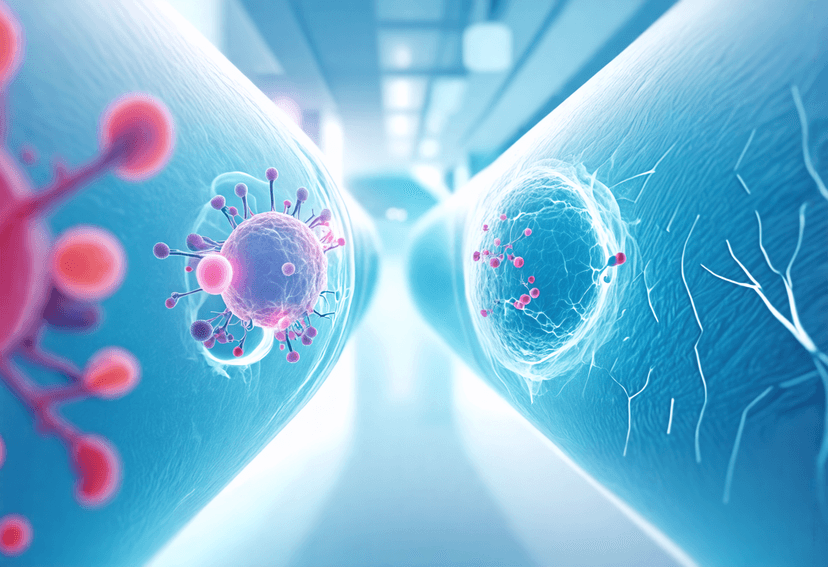
Bladder Cancer Treatment with Radiation Therapy and Immunotherapy
Learn about the combination of radiation therapy and immunotherapy for
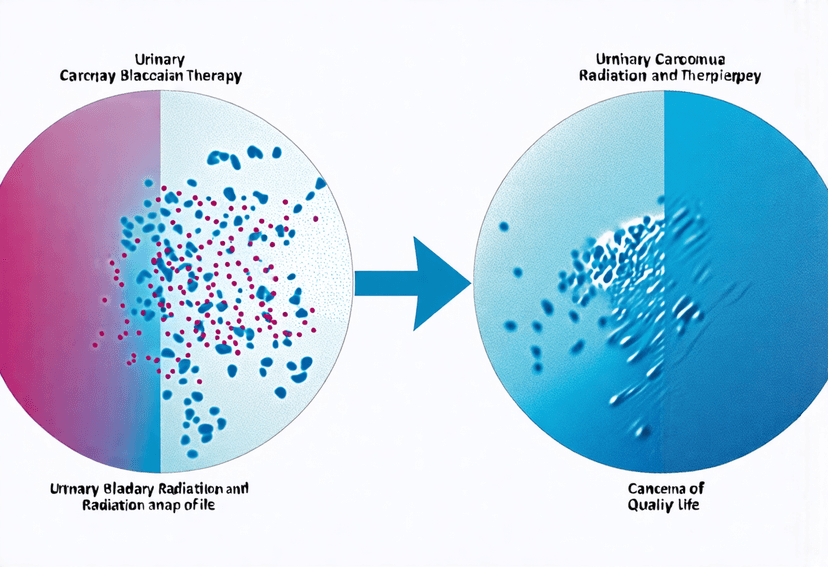
Urinary Bladder Carcinoma Radiation Therapy and Quality of Life
Radiation therapy can improve quality of life for urinary bladder
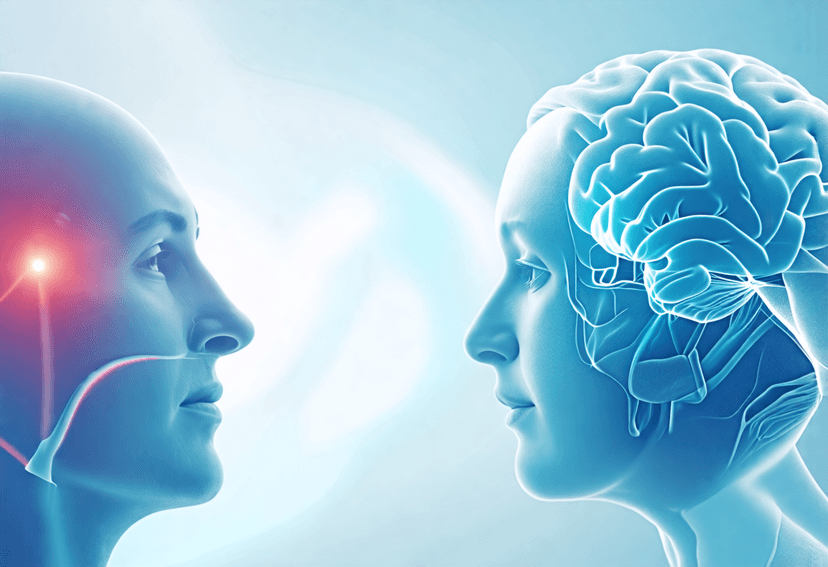
Bladder Cancer Radiation Therapy and Chemotherapy Side Effects
Learn about the side effects of combining radiation therapy and










